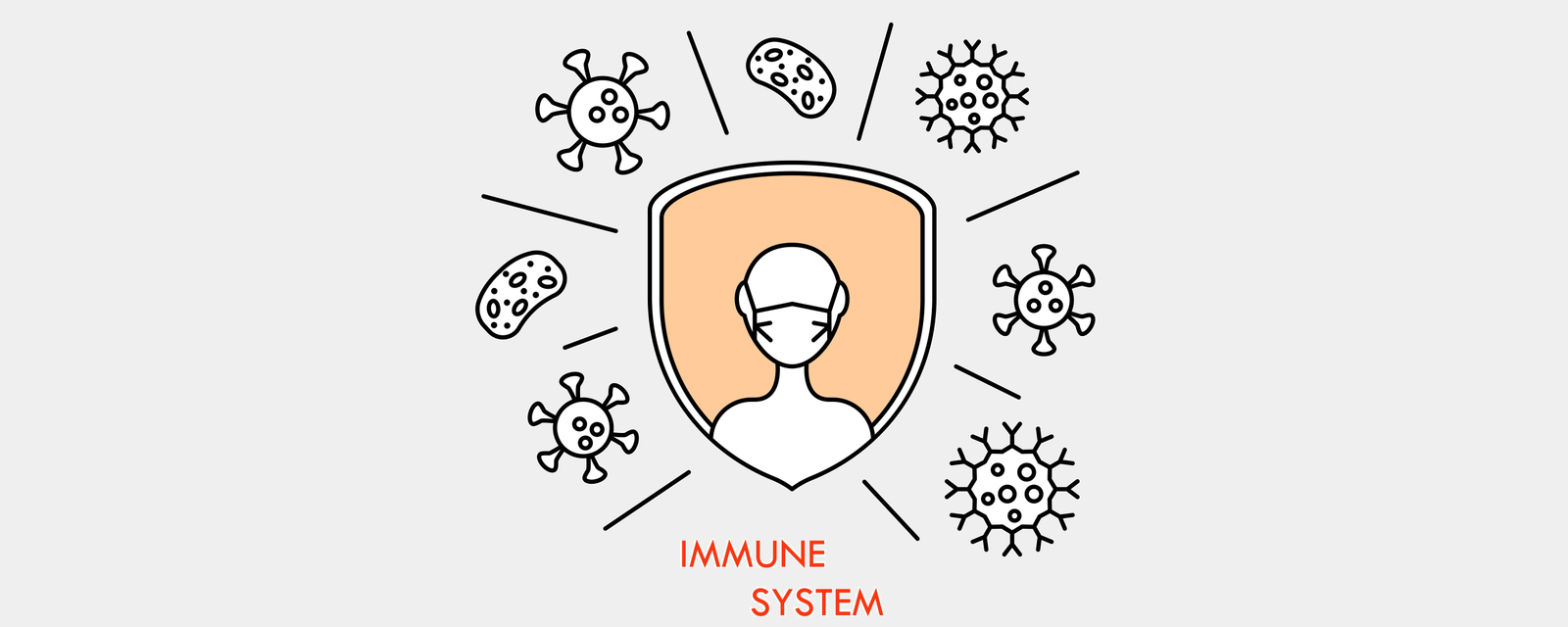
Melbourne researchers have mapped immune responses at four different time points of a patient with mild-to-moderate coronavirus disease 2019 (COVID-19) who required hospitalization (1).
A detailed case report has been released describing how the patient's immune system responded to the virus leading to a successful recovery (2). This is the first time that broad immune responses to COVID-19 have been reported (1).
Research was able to be conducted rapidly due to the Sentinel Travellers and Research Preparedness for Emerging Infectious Disease (SETREP-ID) program ![]() .
.
Case presentation and management
- 47 year old female patient, non-smoker
- Serum C-reactive protein (CRP) levels were elevated (83.2 mg/L)
- Patient’s management was intravenous fluid rehydration without supplemental oxygenation
- No antibiotics, steroids or antiviral agents were prescribed
Immunological highlights
- Lymphocyte and neutrophil counts were within normal range
- Increased antibody-secreting
 and follicular helper T cells
and follicular helper T cells  . The peak of these cells was markedly higher in the patient with COVID-19 than in healthy control donor serum
. The peak of these cells was markedly higher in the patient with COVID-19 than in healthy control donor serum - Activated CD4+ T cells
 and CD8+ T cells
and CD8+ T cells 
- Activated immunoglobulin M
 and G
and G  (IgM and IgG)
(IgM and IgG) - SARS-CoV-2-binding antibodies were found in the patient’s blood before resolution of symptoms
- These immunological changes persisted for at least 7 days following full resolution of symptoms
The patient was discharged into home isolation on day 11. Her symptoms resolved completely by day 13 and she remained well at day 20, with progressive increases in plasma SARS-CoV-2-binding IgM and IgG antibodies from day 7 until day 20 (2).
Conclusion
The case report provides evidence that the recruitment of immune cell populations mounted a robust immune response across different cell types, which was associated with clinical recovery similar to that in influenza (1),(2).
Current estimates show more than 80% of COVID-19 cases are mild-to-moderate and understanding the immune response in these mild cases is very important (1).
Similar to the avian influenza A(H7N9) disease, early adaptive immune responses ![]() might correlate with better clinical outcomes (3).
might correlate with better clinical outcomes (3).
Researchers propose that these immune parameters are to be further studied in larger cohorts of people with COVID-19 with different disease severities, to determine whether they could be used to predict disease outcome and evaluate new interventions that may minimise severity (2).






